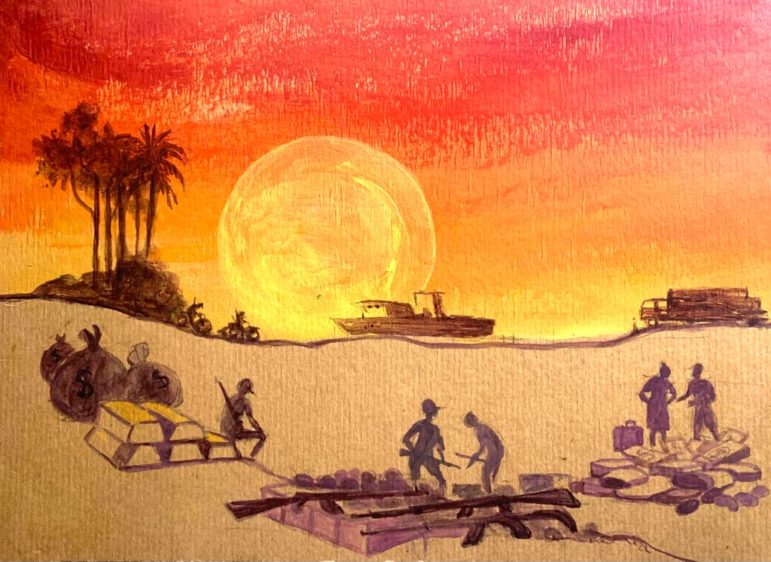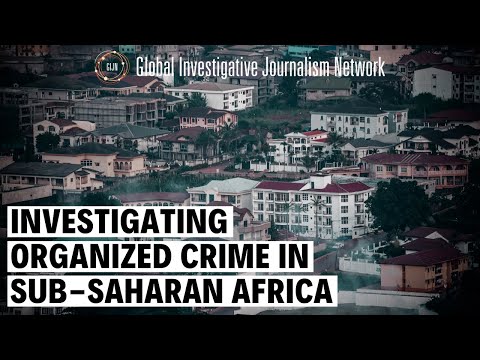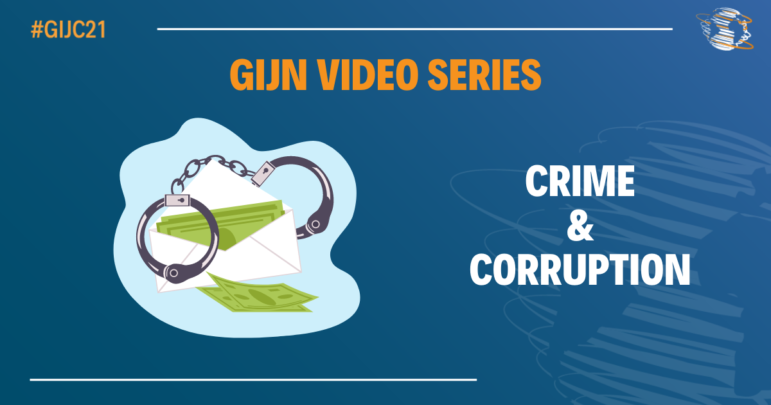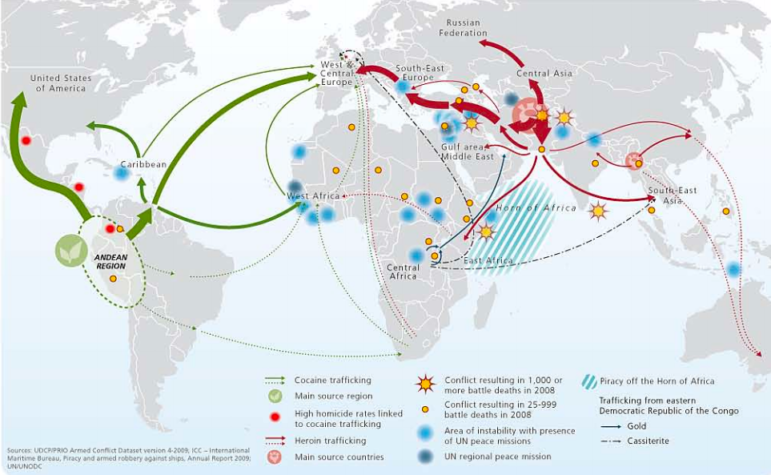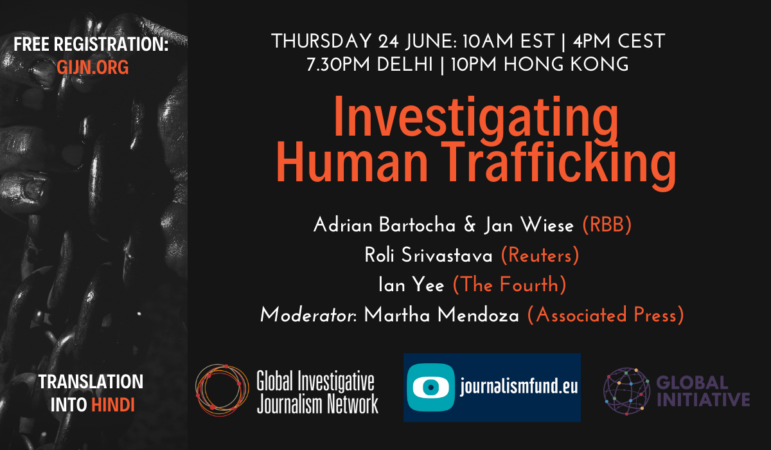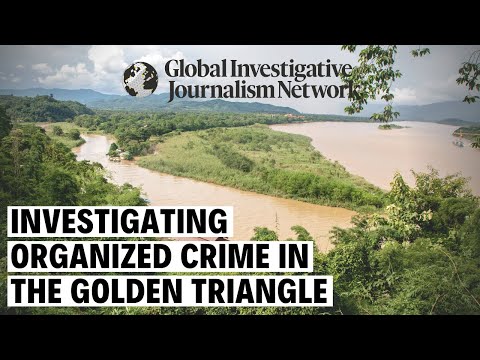
Investigating Organized Crime in the Golden Triangle
The Golden Triangle, where the borders of Myanmar, Thailand, and Laos intersect, is one of the world’s renowned centers of criminal activity. The region’s underworld economy turns over billions of dollars annually in narcotics production, human trafficking, wildlife smuggling, illegal mining, and more. Its cross-border illicit networks have global impact, working with criminal groups across Asia and around the world.
For decades, the Golden Triangle has been a source of fascination to journalists around the world. They’ve focused on the seemingly endless stories of criminal rackets, larger-than-life characters, and the area’s rich history and cultures. Covering organized crime, however, is challenging, and facts about the region’s black markets, its criminal players and their political backers can be hard to come by. In this GIJN webinar, three senior reporters will share their tips and resources to report from this region.
Thu Bui is a Bangkok-based journalist covering international politics for BBC News Vietnamese. She has conducted numerous investigations into human trafficking in the region, including trafficking into Cambodia by gangs with connections in northeastern Myanmar. She also runs media literacy projects for young Vietnamese, contributing to handbooks and other works on media literacy, and to codes of ethics for journalists.
Bertil Lintner is a Thailand-based journalist and author of 22 books on politics, conflict, crime, and geostrategic issues in Asia. He was a correspondent for the now defunct weekly Far Eastern Economic Review from 1982 to 2004 and now writes for Asia Times. His most recent books are about the Wa, a people in northeastern Myanmar, power games in the Indian Ocean, and a biography of the Dalai Lama. He covered crime in the Asia-Pacific region in his 2003 book, Bloodbrothers: The Criminal Underworld in Asia.
Nyein Nyein Pyae is an activist, researcher, and journalist in Myanmar. For her extensive, in-depth reporting on the Myanmar border and related issues, she received the Best Geopolitics Feature Award from the Yangon Journalism School in 2021. As a political journalist for over a decade, she has focused on such issues as civil war, transnational conflicts, minorities, diversity, equality, federalism, and democratization.
The moderator is Eunice Au, Global Team Manager at GIJN.
This webinar is tied to the publication of GIJN’s Guide to Investigating Organized Crime in the Golden Triangle. The guide is written by Bertil Lintner, one of the webinar speakers.
Thanks to the Global Initiative Against Transnational Organized Crime for its support of this project.
———————–
The Global Investigative Journalism Network is an international association of journalism organizations that support the training and sharing of information among investigative and data journalists—with special attention to those from repressive regimes and marginalized communities.
Our key activities include:
Providing resources and networking services to investigative journalists worldwide;
Publishing in multiple languages and on multiple platforms the latest tools, techniques and opportunities for those in the field;
Helping organize and promote regional and international training conferences and workshops;
Assisting in the formation and sustainability of journalism organizations involved in investigative reporting and data journalism around the world;
Supporting and promoting best practices in investigative and data journalism;
Supporting and promoting efforts to ensure free access to public documents and data worldwide.
Find more information on our website: https://gijn.org

